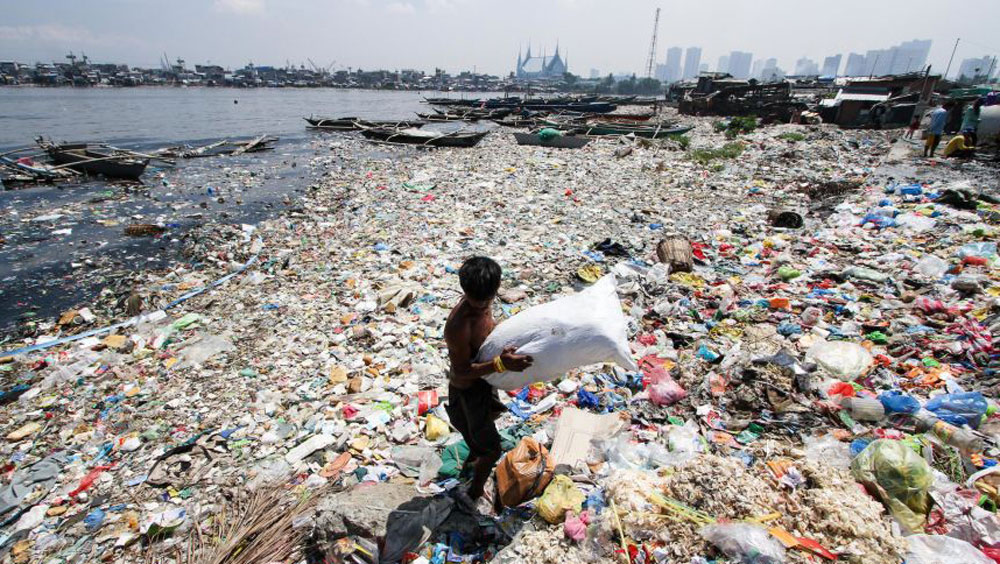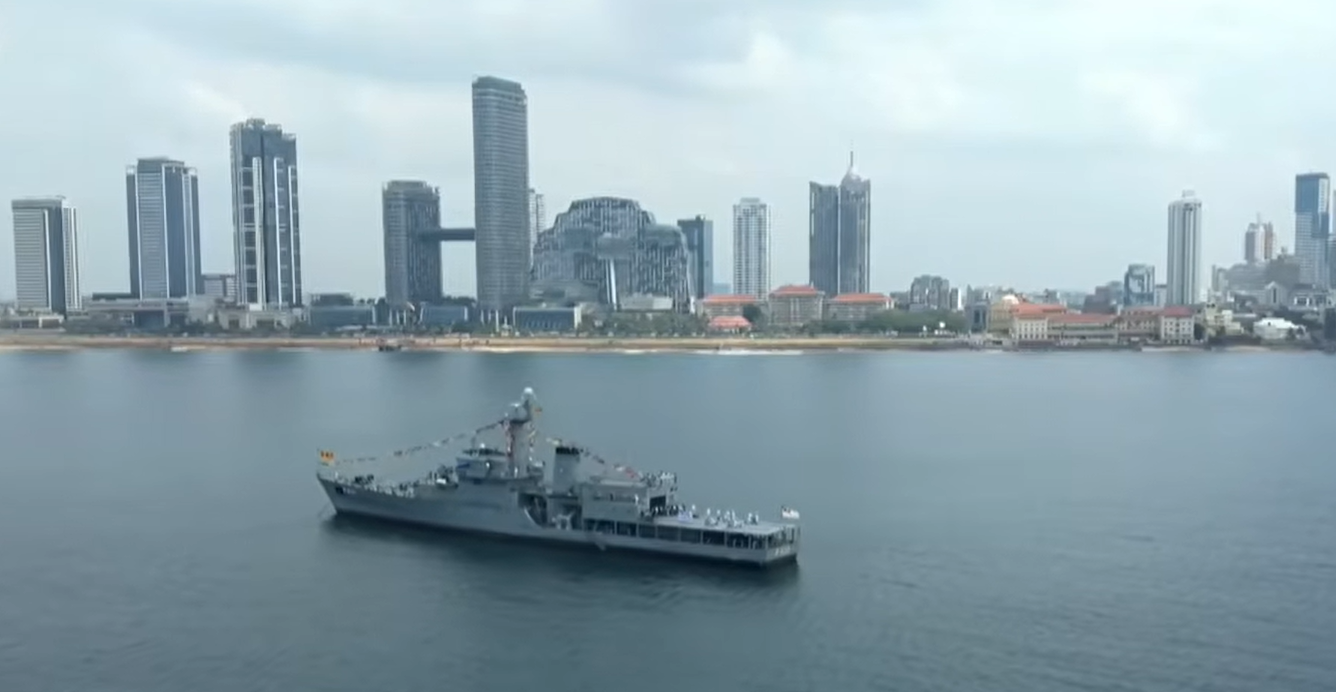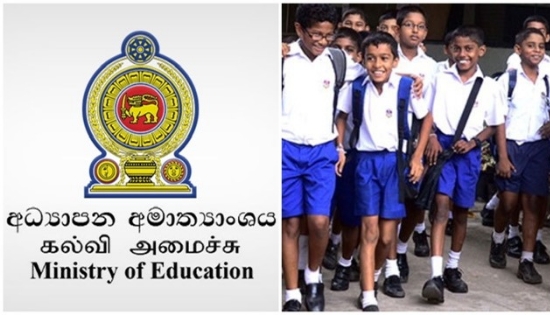The Menace of Ocean Pollution, Understanding the Source and Impact

The world’s oceans, once pristine expanses of blue, have become increasingly choked with pollution, particularly plastic waste. Each year, an estimated eight million tons of plastic find their way into the ocean, posing a grave threat to marine life and ecosystems. This alarming trend is fueled by various sources, with China, the Philippines, and Indonesia emerging as the top contributors to ocean pollution.
The sight of garbage-strewn waters has become distressingly common, not only in Southeast Asia but also in other parts of the world. Marine biologist Nicholas Mallos, who oversees the Ocean Conservancy’s Trash Free Seas program, describes these accumulations as the unfortunate norm, especially in developing regions where rapid urbanization has outpaced waste management efforts. As middle-class populations burgeon along coastlines, so does consumption and waste generation, exacerbating the problem of ocean pollution.
Plastic pollution poses a myriad of threats to marine life. Animals often mistake plastic debris for food, leading to ingestion and internal injuries. Additionally, discarded fishing gear, known as ghost nets, entangle marine animals, causing injuries, suffocation, and death. The ingestion of plastic particles by fish and other marine organisms also has far-reaching consequences, as these toxins can bioaccumulate and ultimately enter the human food chain, posing risks to human health.
However, plastic waste is not the sole culprit behind ocean pollution. Other sources include agricultural runoff, industrial discharge, oil spills, and untreated sewage. Chemical pollutants from these sources can contaminate marine habitats, affecting the health and reproductive success of marine species. Coral reefs, vital ecosystems that support a quarter of all marine life, are particularly vulnerable to pollution-induced stressors, such as sedimentation and nutrient runoff, leading to coral bleaching and decline.
The impact of ocean pollution extends beyond marine life to encompass coastal communities and economies.
Contaminated waters can jeopardize tourism, fisheries, and aquaculture industries, undermining livelihoods and food security. Moreover, the degradation of marine ecosystems diminishes their capacity to provide essential services, such as carbon sequestration and coastal protection, exacerbating the effects of climate change and coastal erosion.
Despite the grim reality of ocean pollution, there are glimmers of hope on the horizon. In some regions, concerted efforts are underway to combat plastic pollution and improve waste management practices.
Initiatives such as bans on single-use plastics, beach cleanups, and public awareness campaigns are gaining traction globally. Furthermore, technological innovations, such as plastic-eating microbes and ocean cleanup devices, hold promise for mitigating the impact of existing pollution and preventing further degradation of marine environments.
Ocean pollution poses a grave threat to marine ecosystems, biodiversity, and human well-being. Urgent action is needed at local, national, and international levels to address the root causes of ocean pollution, enhance waste management infrastructure, and promote sustainable consumption and production practices. By working together to reduce plastic waste and mitigate pollution sources, we can safeguard the health and vitality of our oceans for generations to come.
Related News
PM Says Grade 6 Reform Modules Not Withdrawn, Reforms to Begin in 2027
Prime Minister Dr Harini Amarasuriya said Tuesday that none of the modules introduced for Grade 6 under Sri Lanka’s proposed education reforms…
Read MoreSLIC grants special relief under Suraksha scheme for disaster-affected students
Sri Lanka Insurance Corporation General Ltd. has agreed to provide special concessions under the Suraksha Student Insurance Scheme for school students affected…
Read MoreGCE A/L Exam 2025 : Update for Students
The Department of Examinations says the practical examination for the subject of Bio Systems Technology under the 2025 General Certificate of Education…
Read MoreD. S. Senanayake College Marks 59 Years, Reaffirms ‘Country Before Self’ Legacy
"Country Before Self", an immortal slogan entrenched in the heartbeats of every Senanayakian, stands as the guiding principle of D. S. Senanayake…
Read MoreCourses
-

The future of higher education tech: why industry needs purpose-built solutions
For years, Institutions and education agencies have been forced to rely on a patchwork of horizontal SaaS solutions – general tools that… -

MBA in Project Management & Artificial Intelligence – Oxford College of Business
In an era defined by rapid technological change, organizations increasingly demand leaders who not only understand traditional project management, but can also… -

Scholarships for 2025 Postgraduate Diploma in Education for SLEAS and SLTES Officers
The Ministry of Education, Higher Education and Vocational Education has announced the granting of full scholarships for the one-year weekend Postgraduate Diploma… -

Shape Your Future with a BSc in Business Management (HRM) at Horizon Campus
Human Resource Management is more than a career. It’s about growing people, building organizational culture, and leading with purpose. Every impactful journey… -

ESOFT UNI Signs MoU with Box Gill Institute, Australia
ESOFt UNI recently hosted a formal Memorandum of Understanding (MoU) signing ceremony with Box Hill Institute, Australia, signaling a significant step in… -

Ace Your University Interview in Sri Lanka: A Guide with Examples
Getting into a Sri Lankan sate or non-state university is not just about the scores. For some universities' programmes, your personality, communication… -

MCW Global Young Leaders Fellowship 2026
MCW Global (Miracle Corners of the World) runs a Young Leaders Fellowship, a year-long leadership program for young people (18–26) around the… -

Enhance Your Arabic Skills with the Intermediate Language Course at BCIS
BCIS invites learners to join its Intermediate Arabic Language Course this November and further develop both linguistic skills and cultural understanding. Designed… -

Achieve Your American Dream : NCHS Spring Intake Webinar
NCHS is paving the way for Sri Lankan students to achieve their American Dream. As Sri Lanka’s leading pathway provider to the… -

National Diploma in Teaching course : Notice
A Gazette notice has been released recently, concerning the enrollment of aspiring teachers into National Colleges of Education for the three-year pre-service… -

IMC Education Features Largest Student Recruitment for QIU’s October 2025 Intake
Quest International University (QIU), Malaysia recently hosted a pre-departure briefing and high tea at the Shangri-La Hotel in Colombo for its incoming… -

Global University Employability Ranking according to Times Higher Education
Attending college or university offers more than just career preparation, though selecting the right school and program can significantly enhance your job… -

Diploma in Occupational Safety & Health (DOSH) – CIPM
The Chartered Institute of Personnel Management (CIPM) is proud to announce the launch of its Diploma in Occupational Safety & Health (DOSH),… -

Small Grant Scheme for Australia Awards Alumni Sri Lanka
Australia Awards alumni are warmly invited to apply for a grant up to AUD 5,000 to support an innovative project that aim… -

PIM Launches Special Programme for Newly Promoted SriLankan Airlines Managers
The Postgraduate Institute of Management (PIM) has launched a dedicated Newly Promoted Manager Programme designed to strengthen the leadership and management capabilities…
Newswire
-

India investigates after Planes brush wingtips at Mumbai airport
ON: February 4, 2026 -

Severe Lightning Alert for 7 Districts
ON: February 4, 2026 -

Sri Lanka Navy performs customary gun salute for Independence Day
ON: February 4, 2026 -

T20 WC Group B preview : ICC Names Sri Lanka Player to Watch in Group
ON: February 4, 2026











